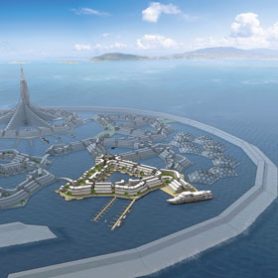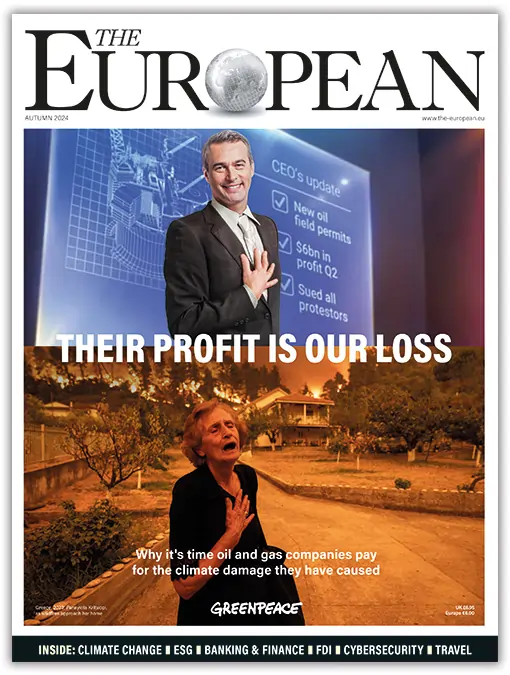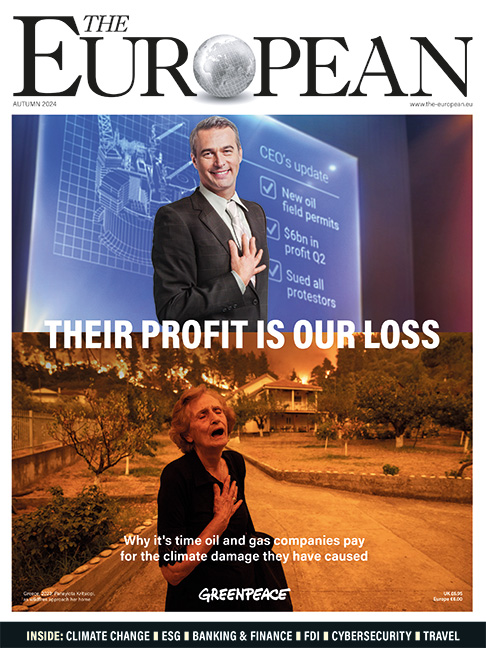In 2008, the man responsible for locating The RMS Titanic, Oceanographer, Robert Ballard asked this question: “Why are we not looking at moving out onto the sea? Why do we have programmes to build habitation on Mars, and we have programs to look at colonising the moon, but we do not have a programme looking at how we colonise our own planet? The technology is at hand!”
2017 is the year it begins. Imagine ten thousand homesteads on the sea –‘seasteads’ – where ocean pioneers will be free to experiment with new societies. Residents would live in modular units, which can detach at any time and sail to join another floating city, compelling ocean governments to compete for mobile citizens like companies compete for customers. A market of competing governments, would allow the best ideas for governance to emerge peacefully, while spurring technologies that will benefit the environment and humanity.
The non-profit Seasteading Institute was founded in 2008 by Google engineer Patri Friedman and venture capitalist Peter Thiel in order to promote the vision of startup governments at sea. This year, seasteaders celebrate a major breakthrough. We will launch a pilot project in Tahiti in collaboration with the government and people of French Polynesia.
On 13 January we signed a historic memorandum of understanding with President Édouard Fritch of French Polynesia for the Floating Island Project to collaborate on developing sustainable floating islands with unique governing frameworks. This is an unprecedented moment in human history and the beginning of a new seasteading industry.
“I am honoured that you have chosen us as your destination,” President Fritch wrote. “Tahiti and its islands do indeed offer many strengths to accommodate such a project, which could truly become a vector of economic development in our country.”
Prosperity
The evidence that startup societies succeed is compelling. More than 4,000 special economic zones (SEZs) around the globe have successfully encouraged economic growth in otherwise stagnant economies. We are working with the government of French Polynesia to create the unprecedented ‘Special Economic Seazone,’ designed to transform French Polynesia’s remoteness into an advantage. The Seazone will take the best practices of those 4,000 experiments and apply unique rules and regulatory opportunities specifically designed to attract investors.
After French Polynesia codifies the Special Economic Seazone into law, Blue Frontiers – a new spin-off we have created – will prototype floating islands stationed near an anchor community on land. The pilot project has been projected to cost between $30m and $50m.
French Polynesia is an excellent location for a Seazone. It has beautiful waters and islands. Its institutions are modern and stable. The people are friendly and trustworthy – there’s little crime and no threat of war.
Polynesians have already demonstrated that a system of connected island communities can successfully develop distinct cultures while working harmoniously together for the good of the region. But today, rising sea levels threaten the way of life in many Polynesian societies. As Polynesians search for ways to adapt, floating islands will offer an option for resiliency.
“We need to create new cleantech and blue economy jobs for our youth, and this project has the potential to be a real game-changer locally,” said local Tahitian businessman and former minister of tourism Marc Collins. “This project could help us retain our bright minds, who would otherwise emigrate for work.”
Sustainability
We seasteaders are committed to creating sustainable communities. We hope not only to simply protect the environment, but also to actively redress existing negative environmental impacts. Our Floating Islands will be developed using the latest in cleantech solutions to model low-carbon living and symbiotic relationships to the seas. The floating islands will be modular so neighbourhoods and villages can grow organically and rearranged as desired.
Our pilot islands will be appealing to pioneers from around the world. As we perfect the technologies and bring down the costs of development, we are launching a brand new industry.
This new industry will create homes for climate refugees in low lying regions around the world, and provide housing near crowded and expensive coastal metropolises. Our modules will be designed to withstand the elements for more than a century, making the floating islands a viable real estate investments spanning a wide variety of use cases, and addressing pressing issues that are only expected to get worse worldwide. Seasteading is an exciting solution.
Joe Quirk, best-selling author and ‘seavangelist’ for The Seasteading Institute sums it best: “It’s easier to float than fly. Sea stations are cheaper than space stations. If we want to feed 10 billion people by 2050 with a sustainable civilization, humanity needs to re-engage the source of all life, the ocean. Then the sky will be the limit. Ocean first, space second.”
Further information
www.seasteading.org
www.blue-frontiers.com
About the author
Randolph Hencken is the Executive Director of The Seasteading Institute
and CEO of Blue Frontiers.




